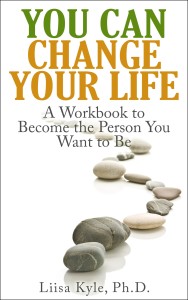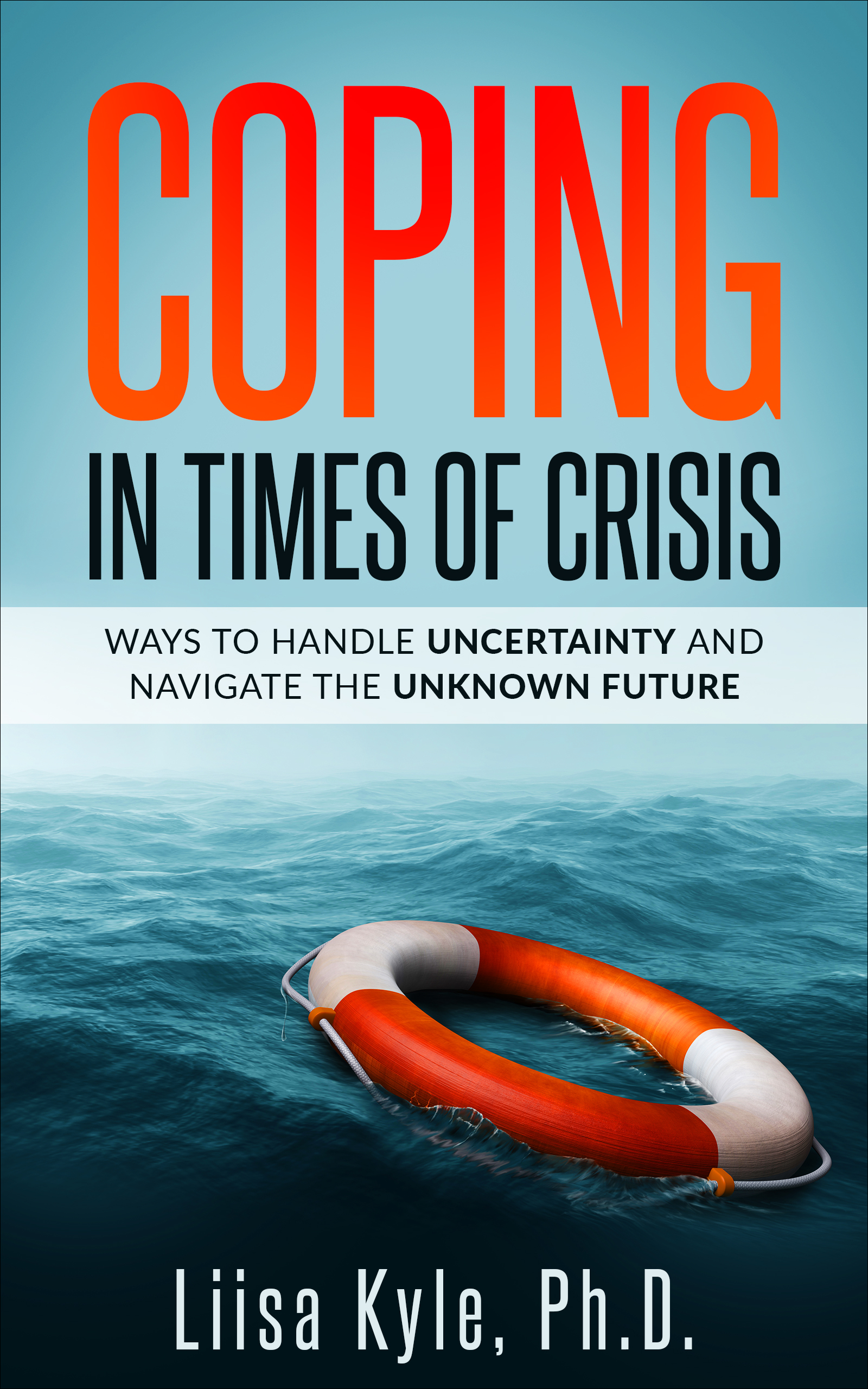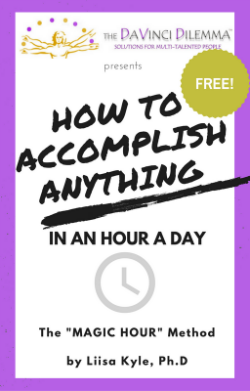 If you are feeling unbalanced in your life — stressed and at the mercy of too many projects and life demands — it may be time to go back to basics. Consider the fundamental elements of human life. Are you taking care of your essential nature? If not, until you address whatever’s out of kilter, you are unlikely to be productive, happy, or pleasant to be around.
If you are feeling unbalanced in your life — stressed and at the mercy of too many projects and life demands — it may be time to go back to basics. Consider the fundamental elements of human life. Are you taking care of your essential nature? If not, until you address whatever’s out of kilter, you are unlikely to be productive, happy, or pleasant to be around.
If you look back in history or if you examine indigenous or native cultures around the world, you can see that no matter where (or when) people live, we all need certain key elements. We all need to eat, for example. We all need shelter and safety and community. Yet, weirdly, the more advanced our societies and technology become, the more distanced we can become from fundamental aspects of human life. We get caught up in the commute and the kids’ soccer games and the random demands of our client and the funky noise the car is making. It’s easy to be hijacked by the demands of modern life.
The challenge is to notice when this happens — to be aware if we aren’t taking good care of our bodies, our minds, our spirits and/or our communities. When we detect that things are getting out of whack, we can make adjustments accordingly.
Today, let’s begin a series of articles focusing on different essential elements of balance. Let’s start with your fundamental physical well-being. Here are seven key questions to ask yourself:
- Are you drinking water?
This is the first question I ask my clients who complain of fatigue. Our bodies need water for every single biological function. Every cell of every living thing needs water. If you are feeling cranky or run-down or tense, try upping your water intake. Aim to drink an extra glass of water a day for the next week. See how that feels. That might be enough to restore your energy…or maybe you need more. Experiment to see what feels right to your body.
Don’t like drinking water? Add a splash of juice to your glass. Or have some soup. Or make a cup of tea or herbal tea. (There are thousands of flavors of teas — surely you will like at least one of them).
- Are you eating healthfully?
You already know this: to the extent you eat diverse, fresh, whole foods and consume less processed products, you will have more energy and better health. If your life demands are compromising the quality of your food choices, look for small, easy improvements you can make, given your unique circumstances. For example, can you add a salad a day to your intake? Or a daily serving of fruit?
Can you buy fewer unhealthy products? What processed foods in your home could you replace with fresher options so that when you are looking for something to munch on, you’re choosing among healthier options? For example, if you don’t have bags of potato chips at home but you do have nuts, fruits and vegetables, than your snacking is likely to be better for your body.
If you tend to enjoy too much of a good thing — if you have difficulty with portion control — can you either pre-portion your food when you get it home or can you buy smaller, pre-portioned options? For example, I adore almonds but it’s really challenging to stop munching once the big bag is open. Instead, I buy nuts that are already pre-portioned in little factory-sealed bags. As a bonus: these little bags travel well and keep well so I’ve distributed them among my car, purses and pockets. When “one of those days” end up interfering with regular mealtimes, I have a healthy snack handy that can tide me over for a while.
Speaking of over-consumption:
- Are you over-imbibing?
Do you tend to self-medicate to relieve stress? Prescription drugs, recreational drugs, booze, inhaled substances sure can take the edge off…but when we make a habit of self-meditating, there’s a tendency for us to overdo it. To the extent you can reduce this consumption, the healthier and more balanced you will be. Aim for tiny, consistent, step-wise reductions in those things that you know to be harmful or unhealthy.
- Are you moving your body?
We did not evolve to spend all day sitting. Humans need to move. Walking is a universally healthy and fundamental need of our biology. If you are not walking much these days, start with five minutes a day. Establish that habit, then increase your daily walk to ten minutes. Maybe add a longer walk– say 30 minutes or more — once a week. Find creative ways to get more walking in your week. Meet friends for a walk, rather than a meal or a drink. Explore new neighborhoods. Use a FitBit, pedometer, or an app on your phone to monitor how much you’re walking. Aim for a certain minimum each day.
- Are you getting the sleep you need?
Another universal human essential: sleep. The amount and timing of sleep varies a lot but the bottom line is that we all need it. Our bodies need sleep — our muscles, our organs, our immune systems, our bones and especially our brains require sleep to function properly. Are you getting the sleep you need? If not — if you’re sleeping too much or too little, what adjustments can you make to your daily or weekly schedule to adjust the amount of sleep you are getting? If you wake up in the middle of the night, here are some suggestions.
- Are you listening to your body?
When our life balance is out of whack, we tend to ignore our bodies. Pause for a moment, close your eyes and ask what your body needs. A nap? A green leafy salad? A foot massage? A few minutes of stretching? A dance class? A thicker pair of socks? Hand lotion? Something else? Our bodies often transmit messages to us — and we tend to ignore them until things are so far out of whack, we’re injured or sick. To the extent we can ‘check in’ a few times a week, we can take better care of our physical selves. Try this: twice a week, take a few minutes to scan each part of your body individually for messages. Close your eyes. Scan each part of each leg, each arm, your torso, neck and head. When you detect something requiring your action or attention, do what you can to comply.
- Are you connecting with nature?
We are part of nature. We need nature to thrive. Deprived of the natural world, our moods sink and our bodies suffer.
Are you interacting with nature on a regular basis? Are you spending time outside? Do you tend some kind of greenery? Do you have a pet? If so, great. If not, what can you do to increase your time interacting with the natural world?
Again, the idea here is to make small changes to improve the balance in your life. It might be as simple as adjusting your attitude. It’s one thing to dash from the subway to the office focused only on the task at hand. It’s another to spend those thirty seconds paying attention to the sky, the breeze, the birds on that window ledge over there. That might be enough to ground you in the living world.
Or maybe you need more. This is easier in more rural settings but even in a big city, it’s possible to spend time outside, to visit some kind of park or greenspace, to grow a potted plant. Can you get to a trail on the weekend? If you don’t have a pet yourself, can you visit a friend’s dog or cat?
***
Activity: For the next few weeks, make a practice of asking yourself the seven questions. (You could ask one question per day to keep it simple). See if you need to make any adjustments. If so, concoct small, easy changes to gently shift your habits and actions to improve your physical well-being.
***
Stay tuned. Subsequent articles will focus on questions to ask to improve balance in other areas of life.
***
 Check out my workbook: YOU CAN CHANGE YOUR LIFE: A Workbook to Become the Person You Want to Be. Available here: http://bit.ly/ChangeYourLifeWorkbook
Check out my workbook: YOU CAN CHANGE YOUR LIFE: A Workbook to Become the Person You Want to Be. Available here: http://bit.ly/ChangeYourLifeWorkbook
***
If you’d like to share or publish this article, you may, if you include the author’s name, a link to this original post and the following text blurb:
Are you struggling with too many talents, skills, ideas? You may have The DaVinci Dilemma™! Find tools, fun quizzes, coaching, inspiration and solutions for multi-talented people at http://www.davincidilemma.com/.



